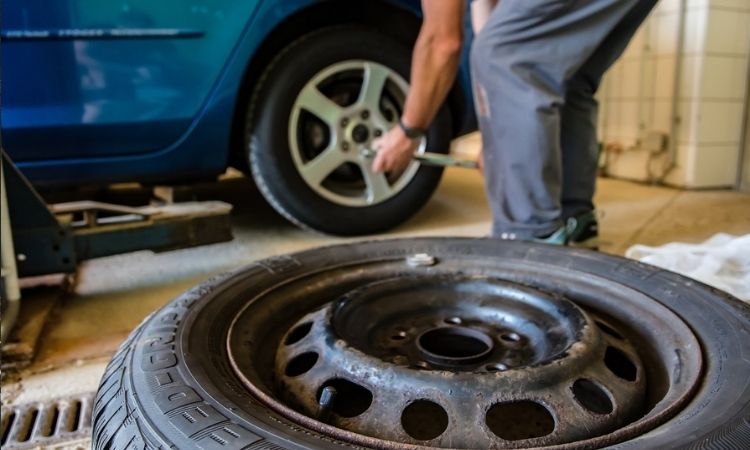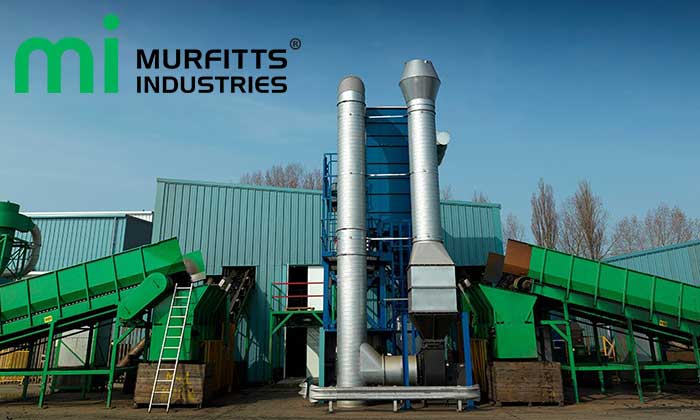Spanish study on microplastic from artificial turf
Recently, the Tyre and Rubber Recycling magazine published an article on a Spanish study that suggests that microplastic loss from artificial turf can be limited. Every year, the Spanish tire industry manages 300,000 tons of end-of-life tires, of which about 75,000 tons are utilized as filler for artificial turf pitches.
A proposal to limit the use of intentionally added microplastics in the environment is now being considered by the European Commission. Because the particle size added to artificial grass fields is between 0.8 and 2.5 mm, there may be restrictions on using recycled rubber from end-of-life tires in this application. A minimum crumb size of 5mm is being considered by the European Commission.
SIGNUS, in collaboration with the Instituto de Biomecánica de Valencia (IBV), has launched a project involving the monitoring of an artificial turf football pitch with the goal of determining the effectiveness of risk management measures that prevent the release of microplastics into the environment.
The eleven-a-side football pitch of the Carreira Football Club in the municipality of Ribeira (A Coruña) was selected for the study as it is exposed to heavy rainy weather. The risk management measures are straightforward, and their usefulness has already been proven in an Ecoloop research (97%). These measures include filters in the pitch's water drainage system (rainwater and irrigation water), fencing panels around the entire pitch perimeter, a boot cleaning station at the entrance and exit of the pitch, and containers in the locker rooms to remind players of the importance of collecting particles placed in their footwear and clothing.
In the analysis of the material collected in each of them, a new source of microplastics from the grass itself was identified, consisting of polyethylene particles from the turf filament, which were previously undetected and account for 18% of the total microplastics collected in risk management measures (average total value of 350 g/month per pitch). This matches the results of a similar study carried out by SDAB in Sweden.
This finding emphasizes the importance of implementing risk management measures on all artificial turf football pitches to prevent the release of microplastics that are intentionally added to the environment, such as rubber infill, as well as those that are unintentionally generated by the pitch's use, such as the polyethylene that simulates turf.
Weibold is an international consulting company specializing exclusively in end-of-life tire recycling and pyrolysis. Since 1999, we have helped companies grow and build profitable businesses.









